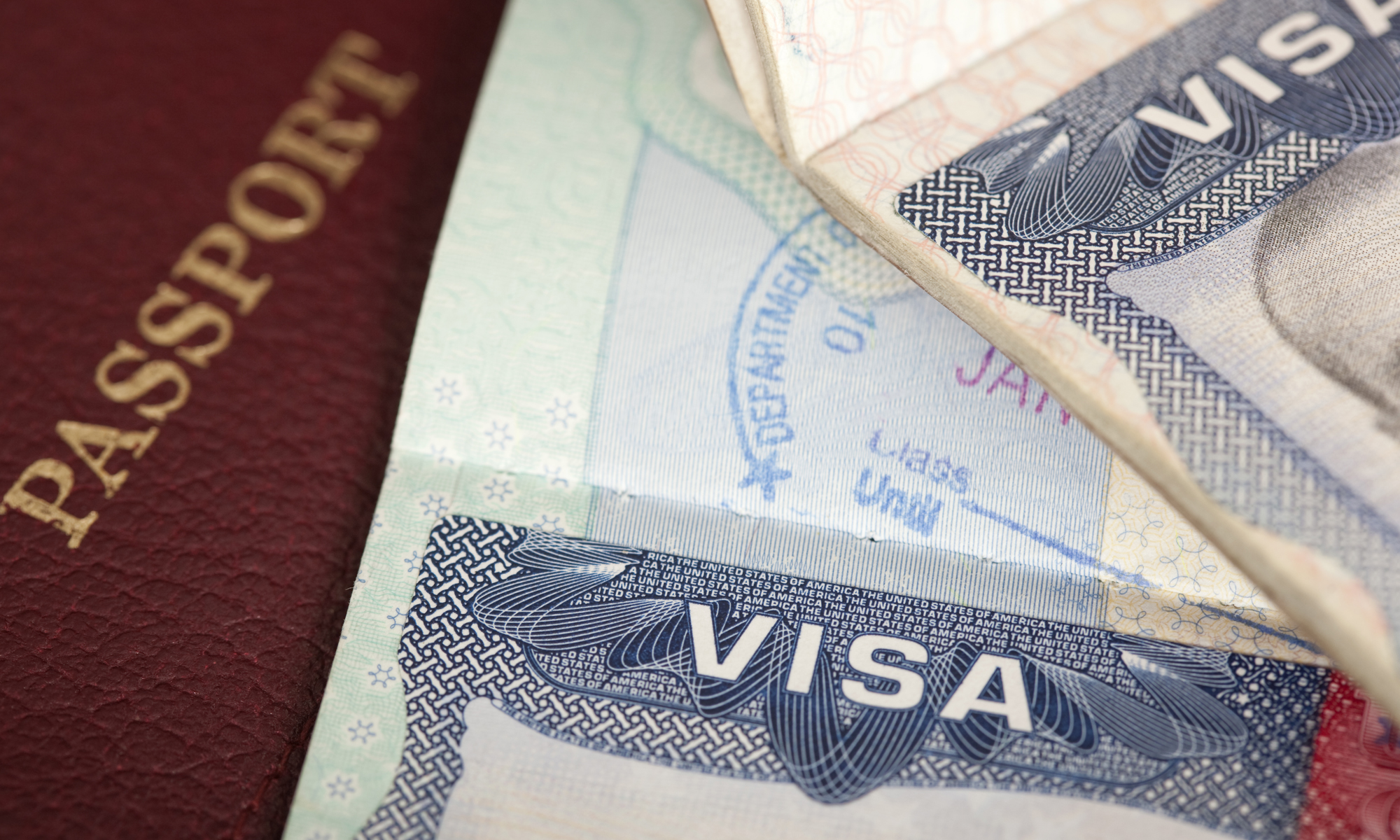USCIS has announced the final phase of Premium Processing expansion for EB-1 I-140 petitions. Starting on January 30, 2023, USCIS will accept Form I-907 applications for all pending multinational manager and executive petitions as well as National Interset Waiver (NIWs) petitions AND all initial filings for these categories. USCIS has also announced that additional Premium Processing expansions will be announced in March for F-1 students seeking work authorization throuhg Optional Practical Training (OPT) and STEM OPT.
These announcements continue the slow roll out of addtional categores of USCIS applications in which the Premium Processing service is available. This service costs $2500 and guarantees the applicant that USCIS will take some action on a petition with in 15 calendar days for most petitions, including I-129s and many I-140s. For NIWs and Multinational Manager I-140s USCIS has increased the time frame to 45 days.
This is a welcome announcement for applicants and employers alike. Current procesing times for NIWs and Multinational Manager petitions can run upwards of 18 months leaving applicants in bureacratic limbo for long periods of time. However, careful consdideration must be given when deciding whether to opt for the Premium Processing Service. Immigration practitioners and hard data both confirm that applicants who choose Premium Processing are much more likely to receive Requests for Evidence (RFE) on their petitions from USCIS. Once an RFE is recieved, the clock stops, and does not restart again until the applicant responds to the RFE.
More information on Premium Processing and application eligibility can be found here.
